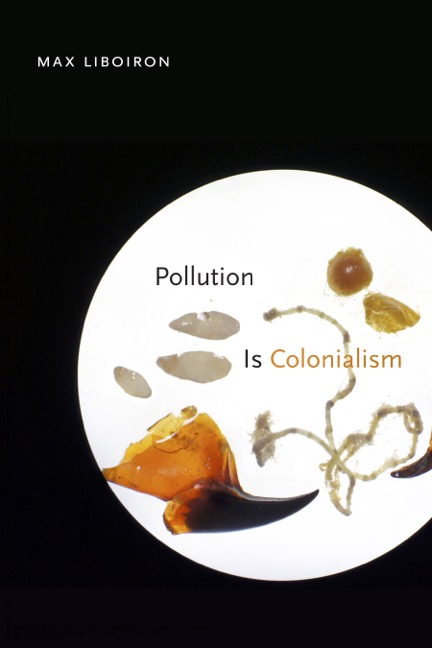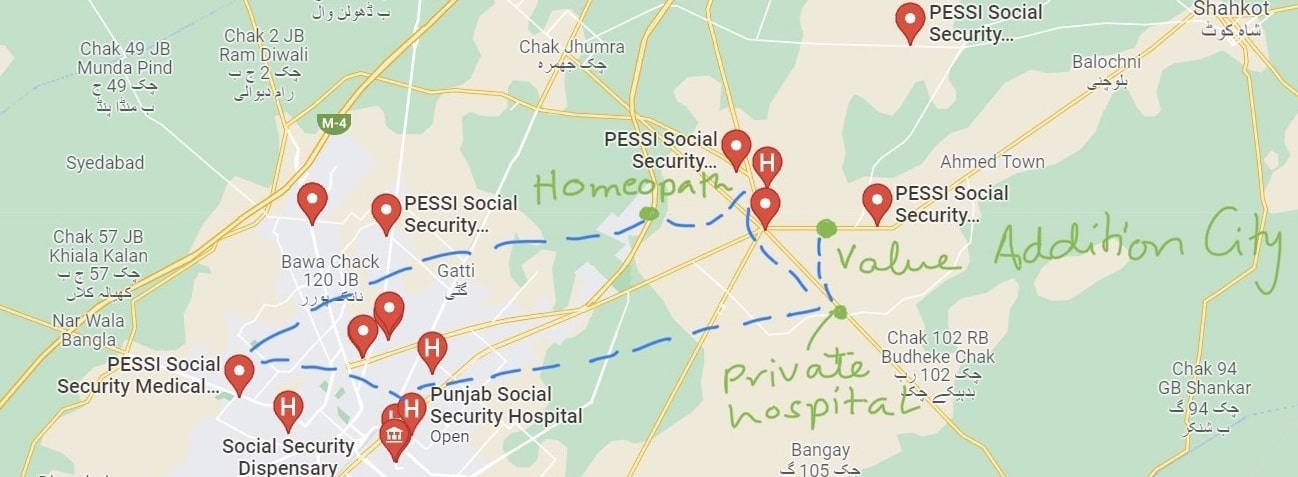
Reading Max Liboiron’s Pollution is Colonialism in a Chemistry Lab
Pollution is Colonialism (Liboiron 2021) uses plastics to trace pollution in fish stomachs in Newfoundland while showing how this pollution is embedded in bad “land relations.” For Liboiron, land relations refers to how land is assumed to be available for settler goals and how it allows for some pollution to occur. One of their main goal in thinking about environmental science as a practice is to see how science can align with or against colonialism. They point to the fact that even when researchers work toward benevolent goals, environmental science and activism are often premised on a colonial worldview and access to land. Colonialism, according to Liboiron, who borrows their ideas on the subject from Tiffany Lethabo King, is not just bad action or even intention but a set of relations that allows for bad land relations to occur and make sense. Their aim is to illuminate how pollution is not a symptom of capitalism but a violent enactment of colonial land relations that claim access to Indigenous land. (read more...)

